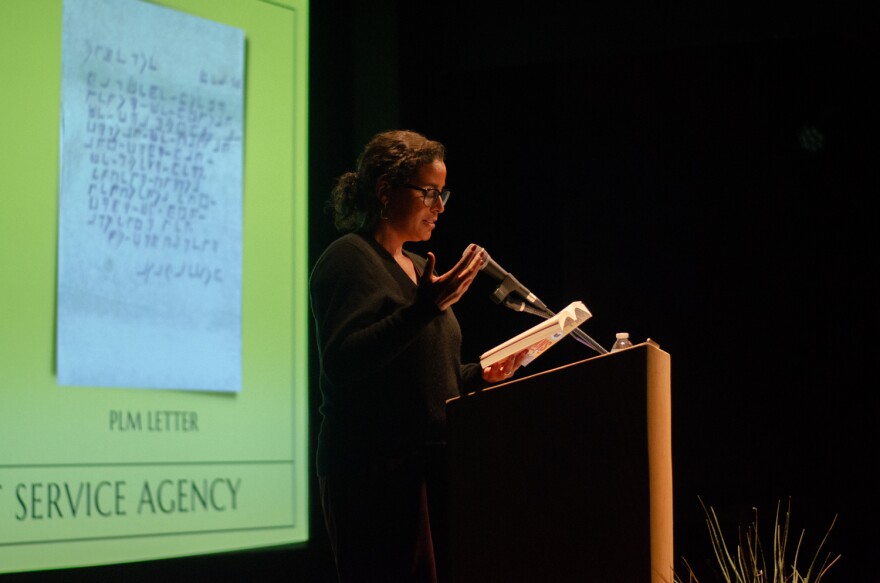From June 1 to 4, Agave Festival Marfa brought scholars and artists to Far West Texas to celebrate agave and the culture, art and history of the borderland. The festival’s events included panels on the state of agave spirits, talks from prominent authors and guided tours through the Chihuahuan desert.

Carlos Morales
/
Marfa Public Radio

Carlos Morales
/
Marfa Public Radio

Carlos Morales
/
Marfa Public Radio

Carlos Morales
/
Marfa Public Radio

Annie Rosenthal
/
Marfa Public Radio

Annie Rosenthal
/
Marfa Public Radio

Mitch Borden
/
Marfa Public Radio




